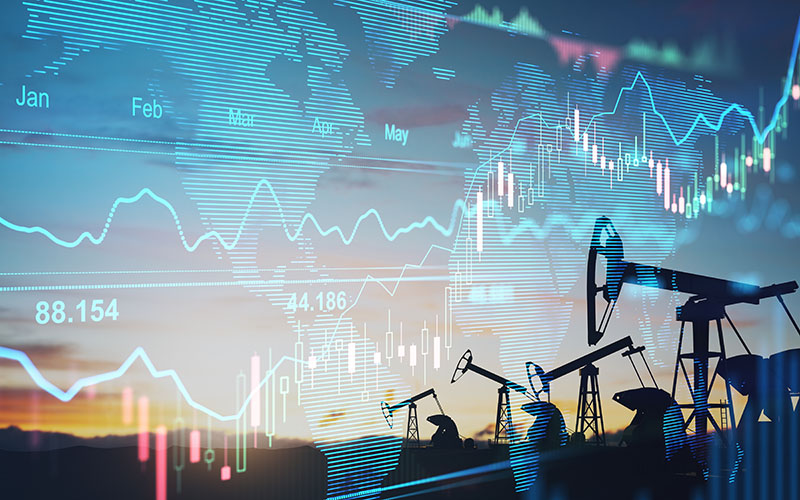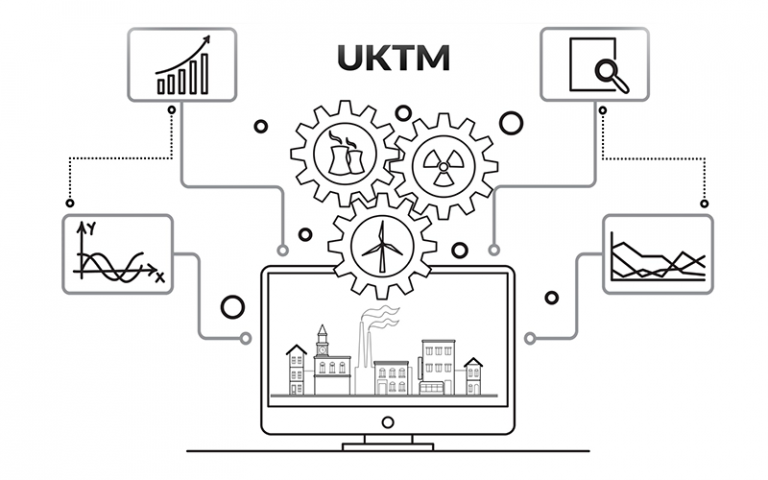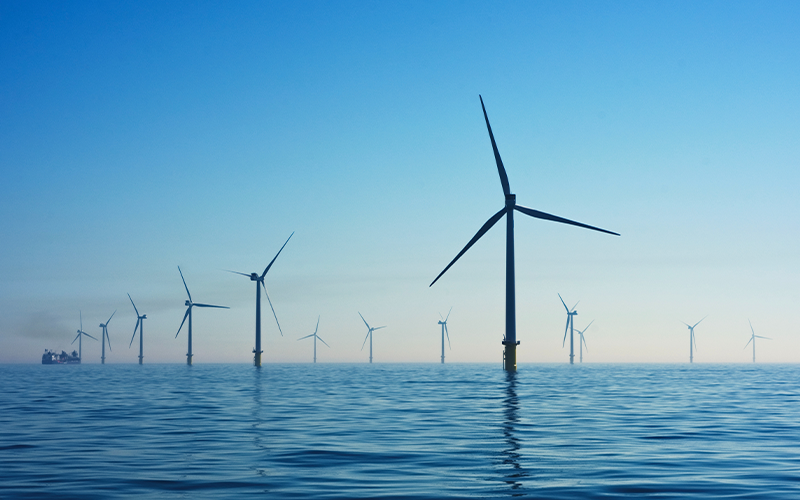Energy systems, policies and markets

Jump to: Research areas | Research stories | In teaching | Researchers
Research areas
Electricity markets

Transitions modelling

We develop energy models and use related analyses to better understand how we can transition towards net zero in a more sustainable way, both globally and in the UK. Our lab has around 25 members spanning UCL Energy Institute and UCL Institute for Sustainable Resources. We have a range of projects and are members of the UK Energy Research Centre, the HyRES and HI-ACT hydrogen hubs, and the CO2RE hub on greenhouse gas removal.
Sustainable finance

We study how financial, technology and policy elements interact to inform the design of policies that stimulate markets and enable sustainable energy development. Currently, our main research on sustainable finance is supported by the LINKS project, which focuses on the role of climate finance to meet the Paris climate goals and aims to produce guidance for a re-orientation of financial flows towards low-carbon and energy efficiency investments.
Research stories
Energy systems, policies and markets in teaching



The research conducted within this theme feeds directly through to the teaching of students enrolled on the UCL Institute for Sustainable Resources' masters programmes, notably Economics and Policy of Energy and the Environment MSc, via three key modules:
Electricity Market Design for the Energy Transition - The electricity markets module focuses on how power markets have been evolving and could be further reformed to accommodate growing shares of renewables. Using a multi-disciplinary perspective, it reviews the basics of power market design, providing an overview of the most significant challenges faced by the sector and identifying a range of options for reform based on real-world experiences and innovative approaches found in the literature. Starting with the key concepts and the basics of power sector economics, the module introduces the temporal and spatial dimensions of markets while examining the different roles that actors and stakeholders play. The main techno-economic challenges (and opportunities) arising from the increased penetration of intermittent generation together with the decentralised architecture and the demand response paradigm, which alter the physical system and market dynamics, are considered from the perspective of the energy, balancing and ancillary services market design solutions for a high-renewable and deeply decarbonised future.
Planetary Economics and the Political Economy of Energy and Climate Change - Planetary Economics is a core module, based on the book Planetary Economics written by Professor Michael Grubb. The module arms students with an integrated and interdisciplinary understanding of energy and climate change issues, starting by creating an understanding of the fundamentals of the global energy system, fossil fuels and renewable energy technologies. The module then develops students’ knowledge of the economic and political economy dimensions of tackling environmental problems. The rationale behind the traditional economic approach and instruments applied in attempt to decarbonise energy systems are explained, before introducing the ‘three pillars of policy’. The three pillars draw upon more diverse branches of economics to create a more comprehensive framework which may be leveraged to drive the transformation of energy generation, distribution and use across the world.
Introduction to Modelling Methods and Scenarios - This core module focuses on the use of models for E3 (energy-economic-environmental) analyses. Such modelling approaches are critical, and at the sharp end of supporting decision makers on how we address some of the big energy-related questions, notably climate change but also energy affordability and security. The module is designed to provide an overview of some of the key approaches to energy analysis, with a focus on modelling, and how such approaches are applied to real world problems. We aim to provide students with the necessary critical thinking skills to assess what are the appropriate use of models, their limitations and to what research questions they can be applied.
Doctoral research (PhD)
OThe breadth of this theme is reflected in the wide variety of energy-related research projects undertaken by our PhD students.
Current PhD students
- Seokyoung (Chris) Kim: “Examining the competitiveness of synthetic jet fuel and high-value chemicals in a net zero energy system”
- Chris Bishop: Sustainable Land Use: theory and Empirical Evidence from the UK
- Sumit Kothari: “Scaling solar energy: an analysis of the structure and development of the investment system that powers growth”
- Jana Fakhreddine: Modelling global hydrogen and ammonia zero-carbon energy systems
- Giulia Ragosa: “The political economy of electricity market reforms for the integration of renewables in Italy, California and the UK”
- Ramy Magdy Mahmoud
Recently completed PhDs
- Lilia Caiado Coelho Beltrão Couto: Socioeconomic Impacts of Long-Term Renewable Electricity Generation: a multi-regional analysis for Brazil
- Omran Al-Kuwari : The Future of Liquified Natural Gas (LNG) in the Energy Transition: options and implications for the LNG industry in a decarbonising world
Researchers
Electricity markets researchers
Michael Grubb
Professor
m.grubb@ucl.ac.uk
Paul Dodds
Professor
p.dodds@ucl.ac.uk
Jim Watson
Director, Professor
j.watson@ucl.ac.uk
Claudia Brown
Research Assistant
Transitions modelling researchers
Paul Dodds
Professor of Energy Systems
p.dodds@ucl.ac.uk
Isabela Butnar
Principal Research Fellow
i.butnar@ucl.ac.uk
Oliver Broad
Senior Research Fellow
o.broad@ucl.ac.uk
Sustainable finance researchers
Nadia Ameli
Principal Research Fellow
n.ameli@ucl.ac.uk
Serguey Maximov Gajardo
Research Fellow
s.maximov@ucl.ac.uk
 Close
Close





